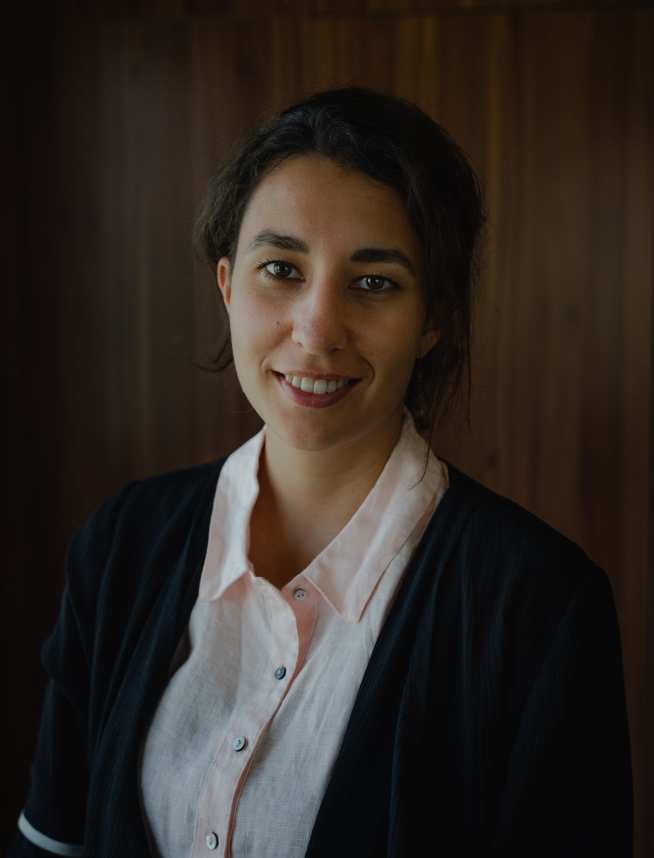
Kyra Nezami (MSc in Computing Science, 2019)
Why did you choose to study at Imperial?
I chose Imperial for two reasons. First, Imperial’s entry requirements for the MSc Computing Science course gave me the opportunity to study a masters in computing without having a technical undergraduate degree (I studied Law). Second, like most people, I chose Imperial because of its excellent reputation.
Tell us about your time at Imperial
I thoroughly enjoyed my time at Imperial. I found the course challenging and engaging throughout. The regularly assessed coursework ensures that you are continuously learning in a practical way.
In addition, although I knew that Imperial had excellent links with the industry, I was surprised by the range and quality of opportunities to work with different companies during the group and individual projects.
Finally, there are fantastic opportunities to pursue your own ideas and interests during the course, particularly on the individual project at the end of the year. For example, I was able to pursue a project of my own initiative which linked my interests in computing and law. I investigated programming techniques for the identification and extraction of legal arguments from judicial judgments. I am grateful to my supervisor for being willing and enthusiastic about my idea which as initially formulated was very broad and a little vague. Together we refined and focused the project. I think that my experience is typical of students at Imperial; if you have an idea for an area of research, in so far as it is feasible you can usually find a supervisor to support you.
Can you tell us what you’ve done since Graduation?
I have spent the year following the completion of my MSc working as a pupil barrister. Pupillage is similar to a training contract for a barrister and lasts one year. I am currently coming to the end of pupillage and I start working as a barrister from 1 October 2019 in the area of intellectual property law.
How has what you learnt at Imperial helped you in your career so far?
I believe studying a technical masters at a reputable university such as Imperial helped me secure pupillage. Intellectual property law disputes, particularly involving patents, can involve complex technology. Therefore, the MSc in Computing Science was a way for me to demonstrate an aptitude for the technical subject matter.
Second, what I learnt at Imperial has helped me during my year of pupillage. In particular, the knowledge I gained in the Networks and Distributed Systems module has served as a useful foundation which helped me to get to grips with the technical detail of two cases I was involved in.
What would be your advice for current students?
I was not a typical student because I always intended to pursue a career in law after my MSc so it is difficult for me to give general advice. The best I can suggest is make the most of the variety and range of opportunities available on the computing course. How to do that depends on you and your interests but it may be useful to think about what you want to get out of the course and perhaps which aspects of computing you want to get experience in. That can then guide you through the course, in particular with your choice of group and individual projects.
For example, ahead of choosing a group project, people tend to group with their friends. In hindsight, it would be better to choose the type of project you want to do and then find fellow students with the same interests.
